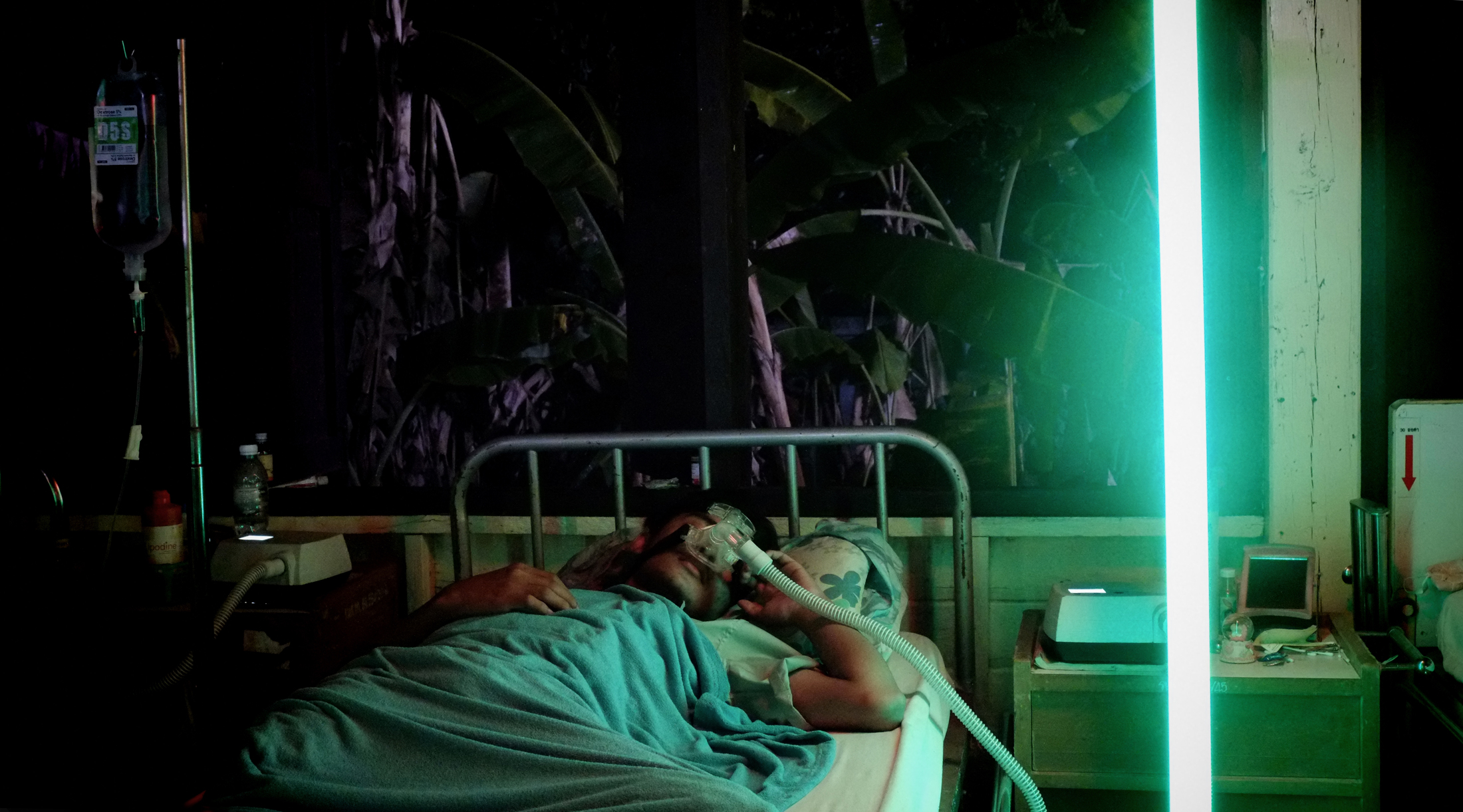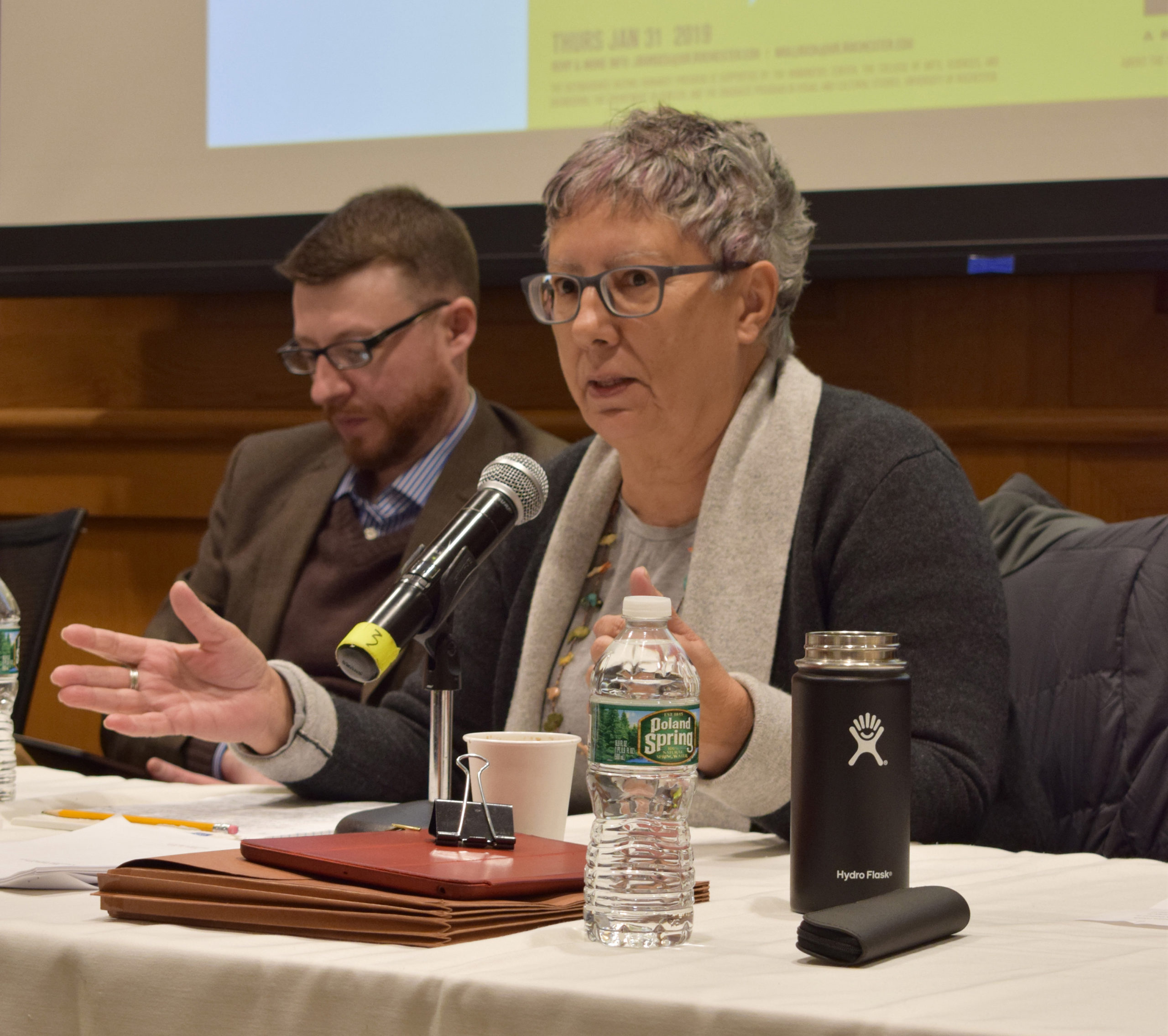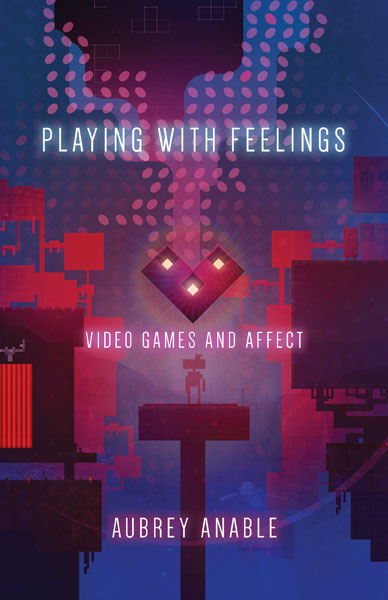The Somnophile’s Guide to Cinema: An Interview with Jean Ma
By Amanda (Xiao) Ju, Jean Ma, Patrick Sullivan, and Madeline Ullrich Featured Image: Still from Cemetery of Splendour (dir. Apichatpong Weerasethakul, 2015). Jean Ma was the keynote speaker for the 12th Visual and Cultural Studies Graduate Conference in 2019, dedicated to the theme “Rest and the Rest: Aesthetics of Idleness.” Since the inaugural event in 1995, the biennial conference has convened scholars from a variety of fields, such as film studies, museum studies, art history, and cultural anthropology, in accordance with the interdisciplinary approach of the program. This interview took place during Professor Ma’s visit to the University of Rochester in April 2019. Before the conference, students from the graduate program of Visual and Cultural Studies and the English department formed a reading group, which read and discussed parts of Ma’s first two books—Melancholy Drift: Marking Time in Chinese Cinema and Sounding the Modern Woman—as well as a portion of her current book At the Edges of Sleep, forthcoming with University of California Press. The excerpt combined writings from two chapters, both of which closely …



